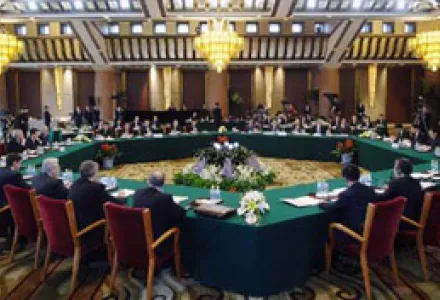This presentation examines how coercive threats and sanctions (“sticks”) on the one hand, and offers of positive inducements (“carrots”) affect the decision making of states with nuclear weapons aspirations. In many past cases US counter-proliferation efforts, including with Iran and North Korea, US decision makers have thus far judged preventive military force too costly or risky. They have instead typically relied on other means to try to convince the proliferating state to change its behavior: coercive instruments such as economic sanctions and diplomatic isolation, and offers of positive inducements such as improved relations and technology transfers. Although there are heated debates in policy circles over the relative merits of sticks and carrots as policy instruments (as well as their use in tandem), there has been little scholarly research to help resolve these debates. In fact, there are a number of reasons to believe that positive inducements are underused, and in many circumstances are a more promising policy tool than sanctions. Not only can positive inducements be effective in the absence of negative sanctions, but sanctions can undermine their efficacy. To illustrate, Libya’s 2003 decision to turn over its nuclear program is considered. The implications of these findings for US policy toward Iran’s nuclear program are also considered.

